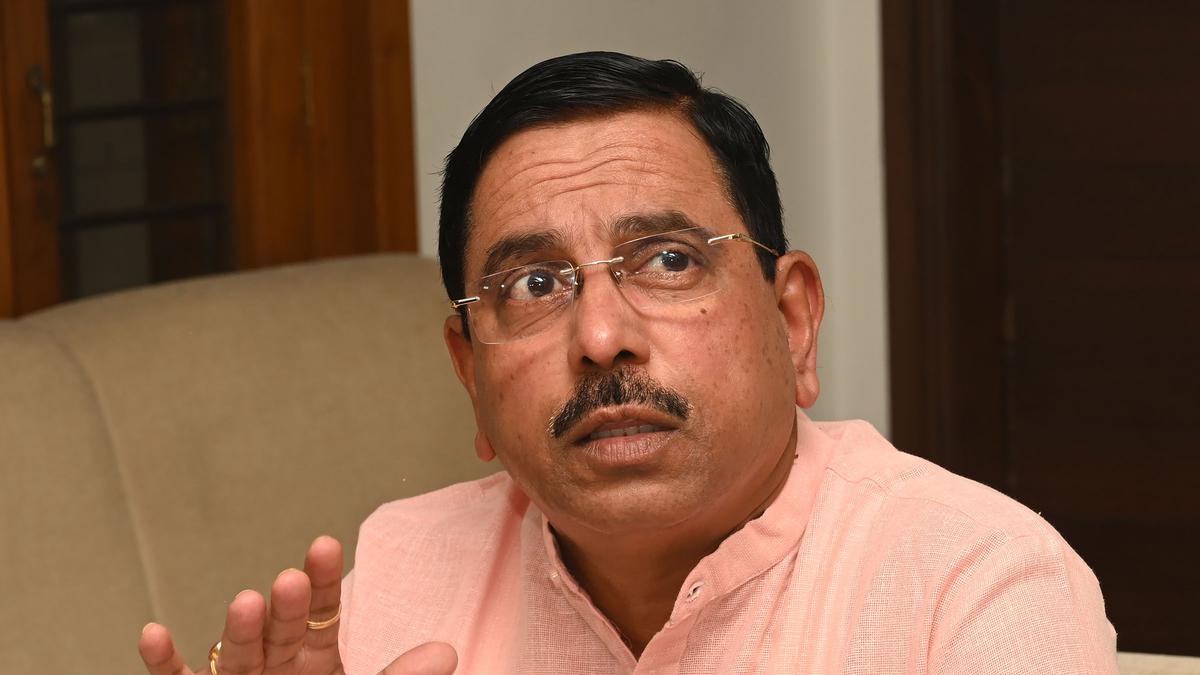
G20 meetings helped placing culture at heart of policy-making: Union Minister Pralhad Joshi
The Hindu
The G20 working group meetings have progressed from identifying and deliberating on four key priorities to seek consensus on action-oriented recommendations that would be a significant step in placing culture at the heart of policy-making, Union Minister Pralhad Joshi said on July 10.
The G20 working group meetings have progressed from identifying and deliberating on four key priorities to seek consensus on action-oriented recommendations that would be a significant step in placing culture at the heart of policy-making, Union Minister Pralhad Joshi said on July 10.
Welcoming delegates at the G20 working group meeting that began in Hampi on July 10, Mr. Joshi said the grouping strives to build consensus on the Ministerial declaration containing the four priority areas, which are cornerstones in the vision of an inclusive and sustainable future.
India’s G20 presidency highlights need for medical countermeasures network: Union Minister
The four priorities set for the meeting are — Protection and Restitution of Cultural Property; Harnessing Living Heritage for a Sustainable Future; Promotion of Cultural and Creative Industries and Creative Economy; and Leveraging Digital Technologies for the Protection and Promotion of Culture.
Mr. Joshi said each of these priorities showcases a world that is culturally diverse yet unified. "We have progressed from identifying and deliberating the four priorities to seek consensus on the action-oriented recommendations that would be a significant step in placing culture at the heart of policymaking," Mr. Joshi said.
“In a world teeming with diversity, the shared cultural heritage of G20 nations is the thread that binds them together,” he said.
"It allows us to acknowledge and respect our differences while celebrating our shared humanity. Culture is the unique and vibrant expression of our shared human experience, comprising the customs, values, languages, and arts that define us," Mr. Joshi said.













